Learning Korean for Diplomacy
Students learn language that is required for diplomats to perform their duties.
The course is updated in ongoing consultation with embassies.
This course is an intensive training program designed for diplomats to attain total mastery of
Korean, Korean culture, and Korean society.
Students learn language that is required for diplomats to perform their duties.
The course is updated in ongoing consultation with embassies.
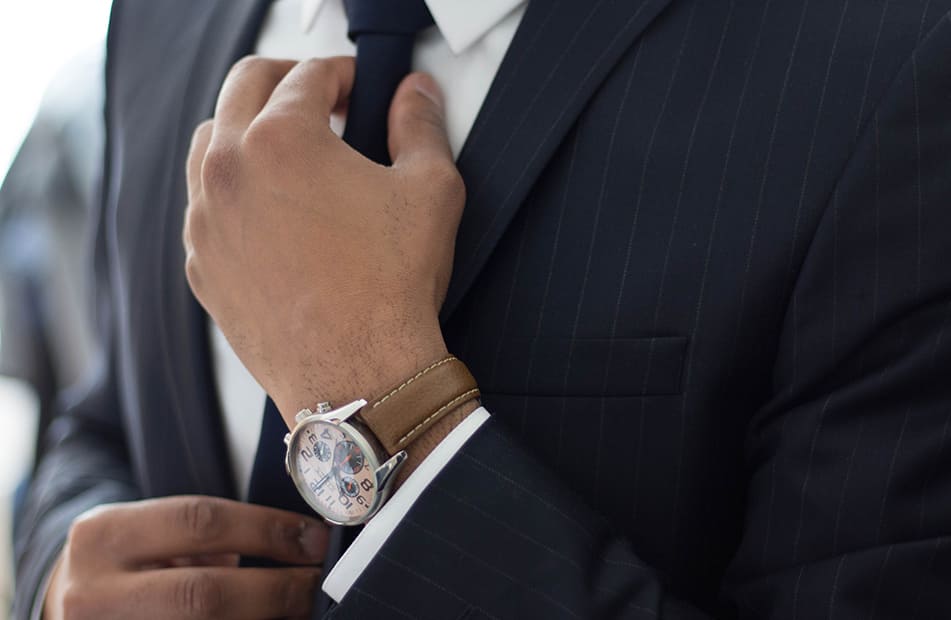
Students learn to understand and use contemporary Korean language in social situations. The course promotes an understanding of Korean culture, politics, economics, and overall Korean society for diplomats, providing a balanced experience of various cultural activities that cover such territory as regionalism, history, various professional fields, and generational issues.
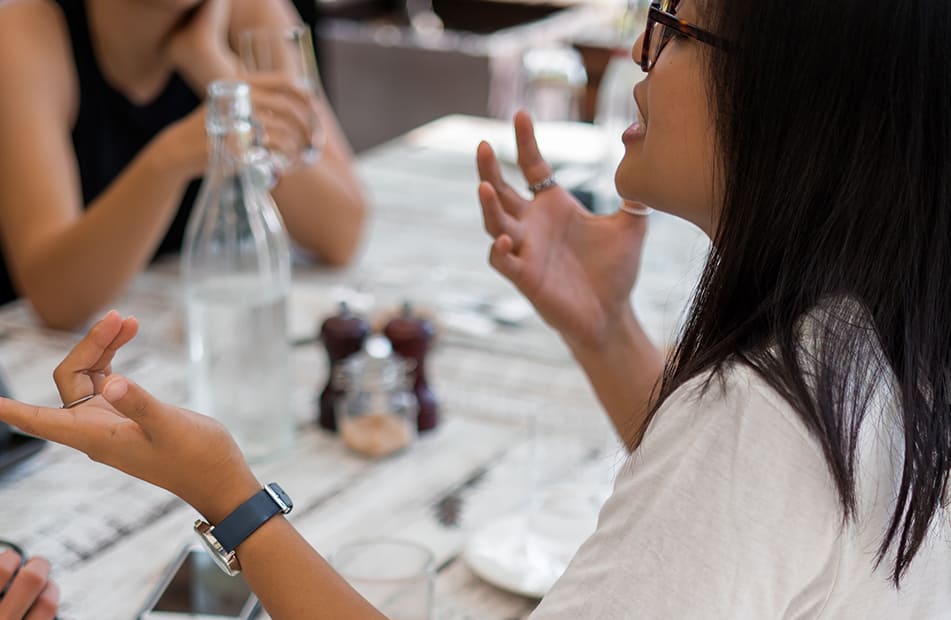
Students learn to understand and use contemporary Korean language in social situations. The course promotes an understanding of Korean culture, politics, economics, and overall Korean society for diplomats, providing a balanced experience of various cultural activities that cover such territory as regionalism, history, various professional fields, and generational issues.
The course is mapped out so as to reflect the standards of the ILR
(Interagency Language Roundtable)
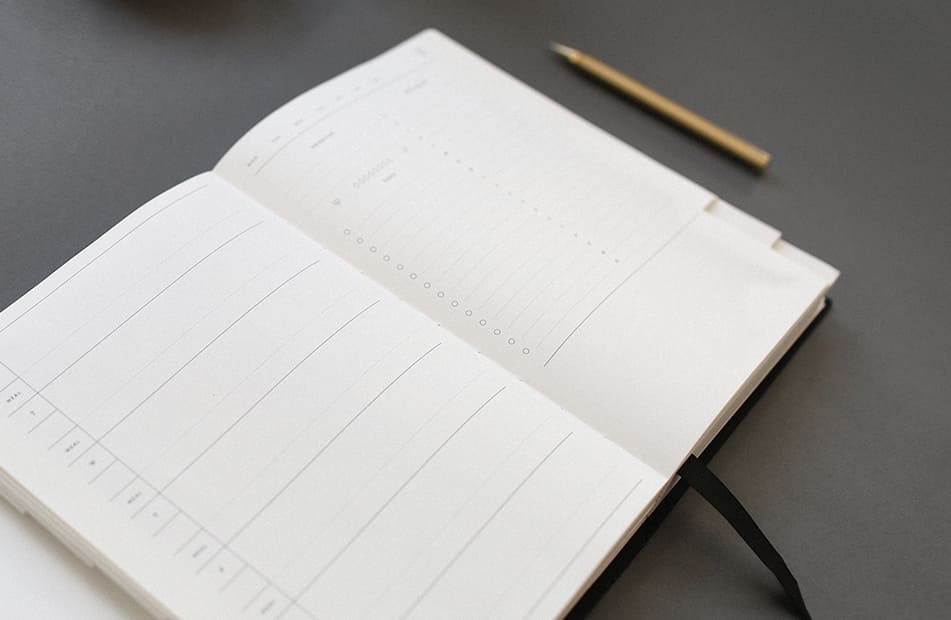
The course consists of three portions: a language class, a current affairs class, and a culture class.
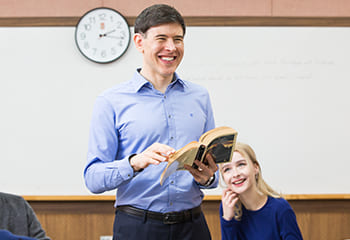
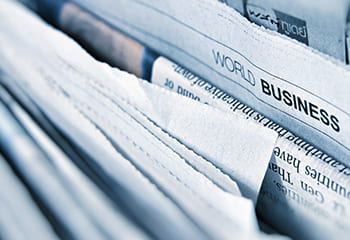
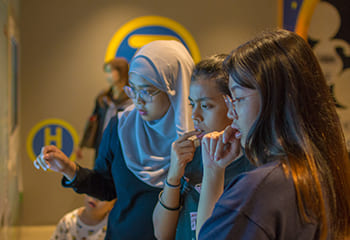
| Current programs commissioned by diplomatic missions |
|
|---|---|
| Programs currently in progress commissioned by diplomatic missions |
|